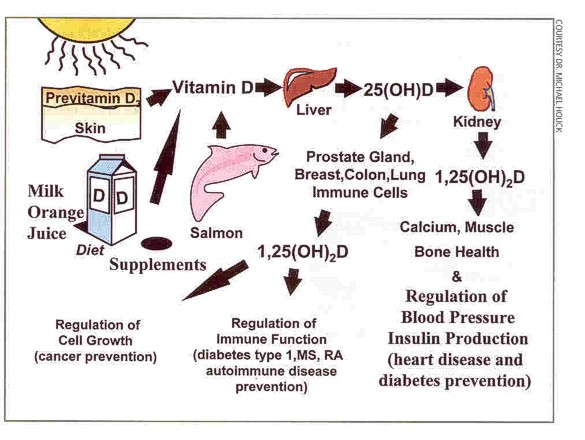IBM Still Paying For Toxic Chemicals Effects On Upstate NY Town From Old Former Repair Site
 July 14, 2014
July 14, 2014  Kyriaki (Sandy) Venetis
Kyriaki (Sandy) Venetis The Southern District Court of New York ruled that IBM must reimburse the U.S. Environmental Protection Agency for past costs incurred by the agency for the toxic waste cleanup of the East Fishkill area of Dutchess County, N.Y.
 Water pollution effects from IBM waste. Photo by Laws.com.
Water pollution effects from IBM waste. Photo by Laws.com.The pollution contaminated local drinking water which resulted from the company’s use of a contracted facility (J. Manne Inc.) to clean and repair its computer chip racks.
The majority of the cleanup has been the responsibility of IBM, with oversight from the EPA. So far, the company has spent approximately $46 million on cleanup of the area.
Between 1965 and 1975, J. Manne Inc. operated a facility that used industrial cleaning solvents containing chemicals including tetrachloroethene (PCE) and trichloroethene (TCE), which are volatile organic chemicals whose exposure can cause serious health impacts.
The NYS Department of Health says that short-term exposure to PCE can affect the central nervous system causing problems including dizziness, headaches, sleepiness, lightheadedness, and poor balance.
Long-term exposure to PCE can lead to health impacts including liver and kidney damage, reduced red blood cells, as well as effects on the immune system, such as increasing white blood cell count and antibodies.
The NYS Department of Health has also associated PCE exposure to several types of cancers including bladder cancer, non-Hodgkin lymphoma, and multiple myeloma. Limited studies have also shown links to cancers of the esophagus, kidneys, lungs, liver, cervix, and breasts.
In addition, the NYS health agency looked at the effects of TCE and also found that short-term exposure was liked to problems associated with the central nervous system including effected motor coordination, nausea, headaches, dizziness, sleepiness, confusion, blurred vision, and fatigue.

